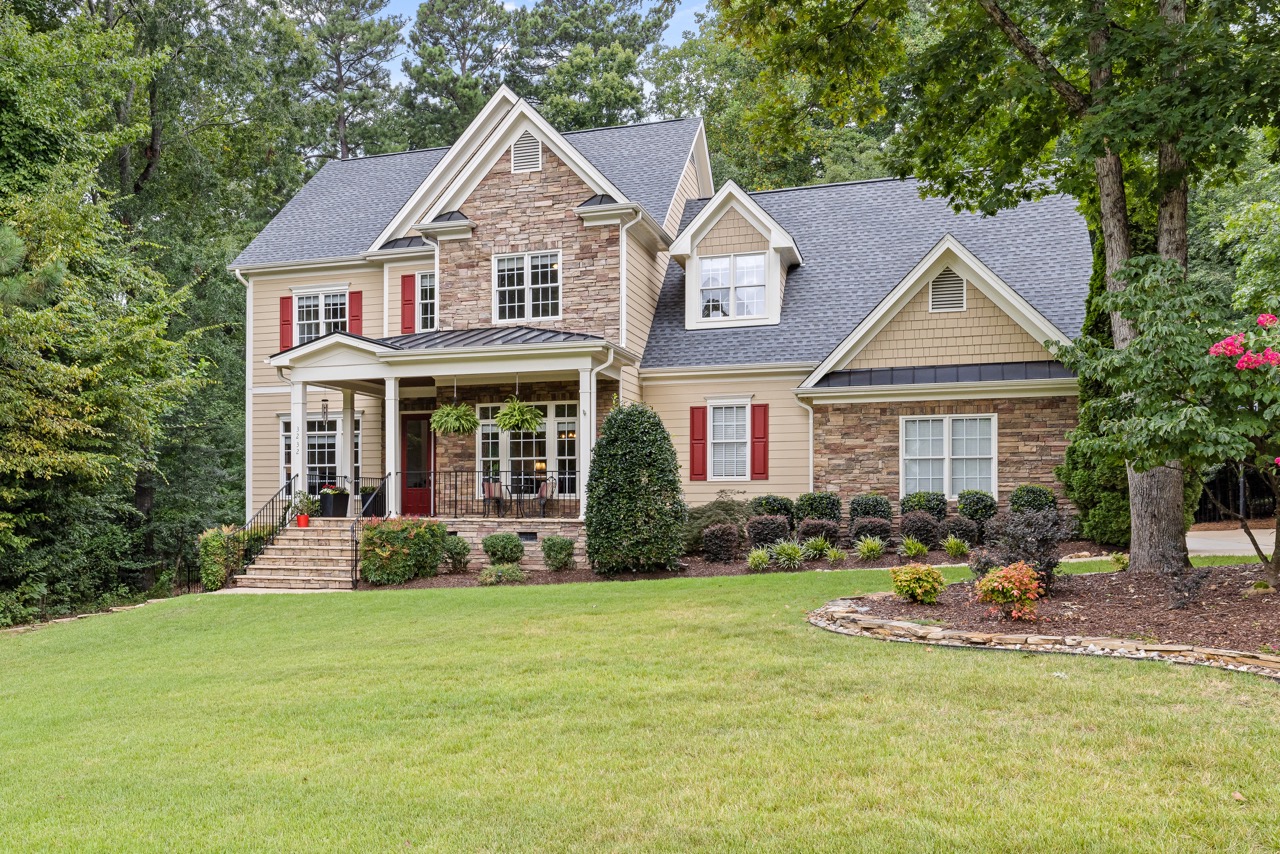Navigating the world of real estate can be an exciting yet overwhelming experience, especially when it comes to touring open houses. These events offer a unique opportunity to explore potential homes and envision your life within their spaces. As you stroll through each space, it is essential to pay attention to several key aspects that can assist guide your decision-making process.
From floor plan and natural light to the condition of essential systems, being mindful during an open house can save you time and money in the future. By treating each visit with a sharp focus on what to look for, you can differentiate between a fleeting attraction and a solid investment. Whether you are a novice purchaser or looking to upgrade your current living situation, knowing how to assess a home’s potential will empower you to make informed choices on your real estate path.
Assessing the Community
As you visiting open houses, it's crucial to examine the area where the property is situated. Start by noticing the general state of the community, which includes the maintenance of the houses, gardens, and shared areas. Well-kept surroundings can signal a vibrant community and potential long-term value for your investment. Look for signs of care in homeownership, such as neatly trimmed lawns and well-maintained properties, since these often are signs of a sought-after area.

Next, think about the facilities available in the surroundings. Proximity to grocery stores, parks, schools, and public transportation can greatly improve your living experience. Take notice of the closeness to necessary services and recreational options, as these factors play a role in your daily convenience and quality of life. If you have children, research the quality of local schools and their ratings, as this can impact your family's wellbeing and the property's resale value.
Lastly, consider the general vibe and safety of the neighborhood. Stroll around the area at different times of day to gauge the atmosphere and the presence of neighbors. Seek out community engagement, which can include local events or friendly neighbors, as this contributes to a welcoming environment. Additionally, check local crime statistics and talk to residents about their perspectives. A secure and vibrant neighborhood is often a key element when making a real estate decision.
Assessing the Real Estate Features
When visit public houses, it is crucial to thoroughly evaluate the real estate attributes that can greatly impact your residential experience and long-term investment. Begin with the design and flow of the area. Consider whether the layout meets your way of living needs, such as the number of bedrooms and bathrooms, as well as the size of common areas. Stroll through each space and note how they connect, ensuring that the design feels practical and comfortable for your daily activities.
Then, evaluate the condition of important components such as the top covering, water systems, and wiring. Look for signs of wear and tear, including water stains, cracks in the structure, or outdated fixtures. These details can signal possible issues that may require expensive repairs in the long run. Make sure to inquire the real estate agent about the duration of significant systems and any maintenance history that can give you insight into the property's overall condition.
In conclusion, think about the property’s exterior and outdoor spaces. Evaluate home buying tips landscaping, garden size, and any outdoor amenities like decks or patios that may enhance your lifestyle. Notice seclusion and sound levels, as well as the surrounding neighborhood, which can significantly affect your enjoyment of the property. Recognizing these features will assist you make an informed decision and ensure that the house you select meets your expectations.
Considering Future Prospects
When touring public houses, it's essential to consider outside of the current state of the home and consider its long-term prospects. Look for aspects that could boost the worth of the home over time. Elements such as the design, the size of the lot, and the potential for expansions or improvements can greatly influence the prospective resale price. A well-placed addition or a completed basement could significantly boost the living area and attractiveness.
Assess the surrounding area and any planned developments in the area. Investigating upcoming infrastructure projects, schools, and commercial areas can provide clues into how the area may evolve. If the surrounding community is on the upswing, it could create a lucrative investment. Making sure that the home is located in a high-demand neighborhood will only benefit you in the long run as property values tend to increase in popular areas.
In conclusion, think about ecological factors that could impact the home over time. Check for potential concerns such as flood-prone areas, land erosion, or close industrial areas that could impact living conditions. Understanding these elements can help in making a more educated decision, ensuring you put your money in a property that not only meets your current needs but also flourishes as your life circumstances evolve.
